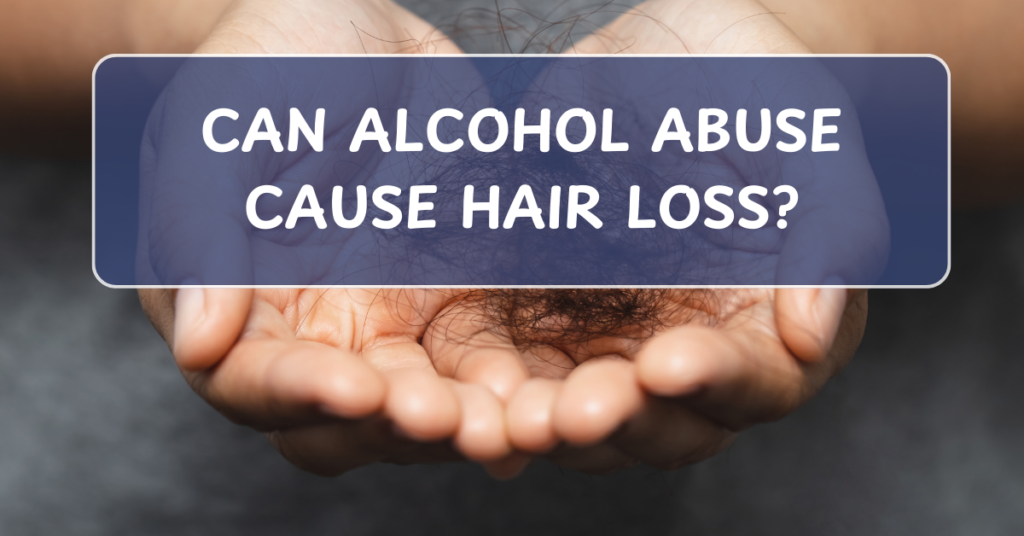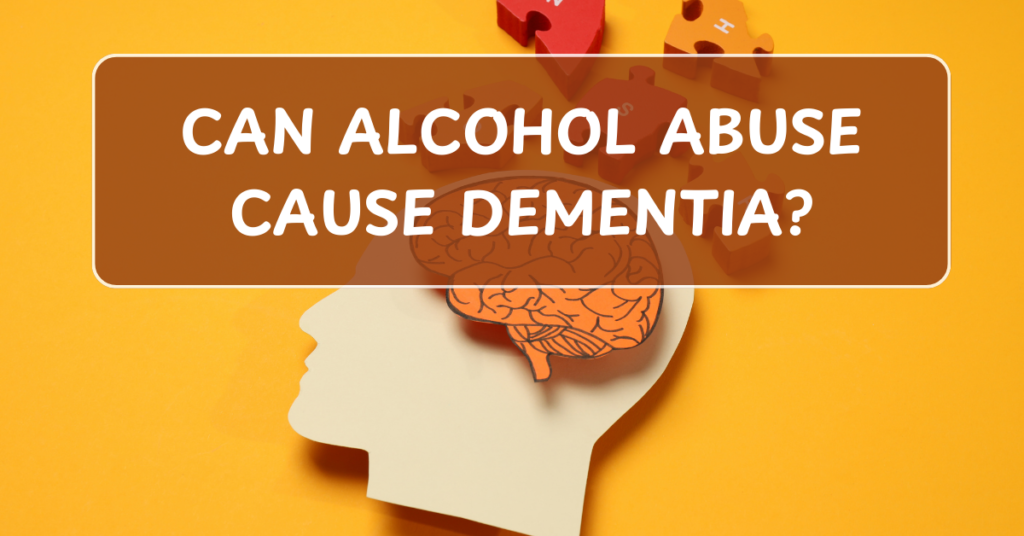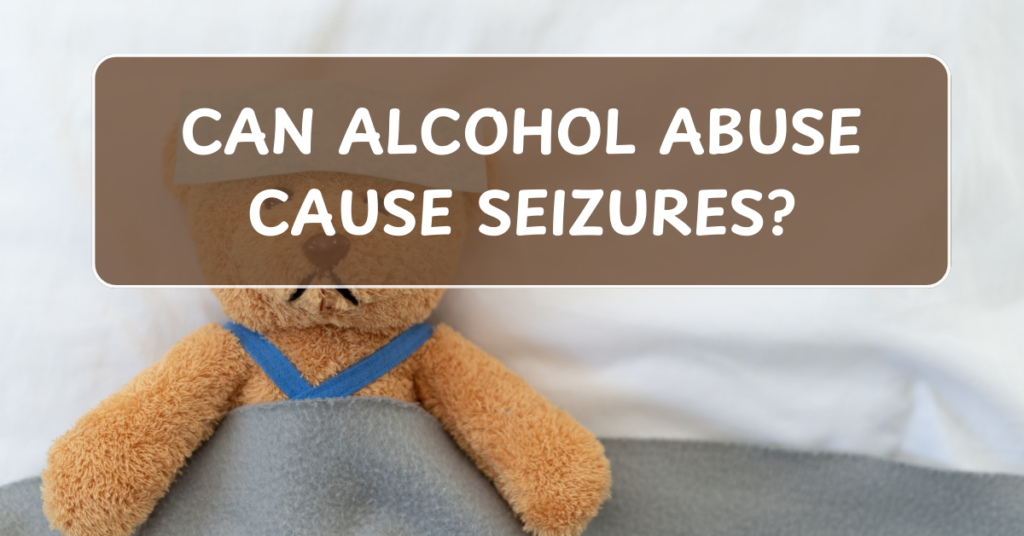
Yes, alcohol abuse can contribute to hair loss. While occasional drinking is unlikely to affect hair health, chronic and excessive alcohol consumption can lead to nutritional deficiencies, hormonal imbalances, and overall poor health, all of which can contribute to hair loss. Below, we’ll explore the connections between alcohol abuse and hair loss.
1. Nutritional Deficiencies
Hair growth depends on a steady supply of nutrients, and alcohol abuse can interfere with nutrient absorption and storage.
a. Vitamin Deficiencies
- Biotin (Vitamin B7): Essential for healthy hair growth, biotin deficiency can lead to thinning hair.
- Vitamin C and E: These antioxidants protect hair follicles from damage; alcohol impairs their absorption.
b. Mineral Deficiencies
- Zinc: A deficiency can weaken hair follicles, causing hair to fall out.
- Iron: Alcohol abuse may contribute to anemia, leading to hair thinning.
c. Protein Deficiency
Hair is primarily made of keratin, a protein. Alcohol abuse can reduce protein intake and hinder its synthesis, leading to weaker, more brittle hair.
2. Dehydration and Scalp Health
Alcohol is a diuretic, meaning it increases fluid loss in the body.
- Dehydration: Chronic dehydration from excessive alcohol consumption can dry out the scalp, making hair brittle and prone to breakage.
- Scalp Issues: A dry scalp can lead to dandruff or inflammation, which may interfere with healthy hair growth.
3. Hormonal Imbalances
Alcohol abuse can disrupt the balance of hormones in the body, which are critical for regulating hair growth.
- Increased Estrogen Levels (in Men): Alcohol can elevate estrogen levels, which may contribute to hair thinning in men.
- Cortisol (Stress Hormone): Chronic alcohol use raises cortisol levels, which can shrink hair follicles and slow hair growth.
- Testosterone: Excess alcohol may lower testosterone, which can indirectly affect hair growth.
4. Liver and Hair Health
The liver plays a vital role in detoxifying the body and metabolizing hormones. Chronic alcohol abuse can damage the liver, leading to toxin buildup and hormonal imbalances that may contribute to hair loss.
- Impaired Detoxification: Toxins that remain in the bloodstream can affect hair follicles.
- Reduced Metabolism of Nutrients: Liver dysfunction hampers the processing of vitamins and minerals essential for hair growth.
5. Stress and Lifestyle Factors
Alcohol abuse often coexists with stress, poor sleep, and unhealthy eating habits—all of which can exacerbate hair loss.
- Telogen Effluvium: Stress and physical health decline due to alcohol can cause this condition, where a large number of hairs prematurely enter the shedding phase.
- Lifestyle Choices: Unbalanced diets and lack of exercise associated with alcohol abuse contribute to poor hair health.
6. Types of Hair Loss Linked to Alcohol Abuse
a. Temporary Hair Loss
- Often linked to dehydration or short-term nutritional deficiencies.
- Can be reversed with improved diet and hydration.
b. Chronic Hair Thinning
- Associated with long-term nutritional depletion and hormonal disruption.
- May require medical intervention to reverse.
c. Permanent Hair Loss
- Rare but possible if alcohol abuse leads to irreversible damage to hair follicles or health conditions like cirrhosis that affect overall vitality.
7. Prevention and Recovery
a. Address Alcohol Abuse
- Seek professional help to eliminate alcohol consumption.
- Join support groups or rehabilitation programs if needed.
b. Improve Nutrition
- Focus on a balanced diet rich in vitamins, minerals, and protein.
- Consider supplements for biotin, zinc, and iron after consulting with a healthcare provider.
c. Stay Hydrated
- Drink plenty of water to counteract alcohol’s dehydrating effects.
d. Manage Stress
- Incorporate stress-reduction techniques such as exercise, meditation, or therapy.
e. Consult a Dermatologist
- If hair loss persists, a dermatologist can recommend treatments such as topical solutions, medications, or specialized therapies.
Conclusion
Alcohol abuse can contribute to hair loss through its effects on nutrition, hydration, hormone levels, and overall health. The good news is that addressing alcohol abuse and adopting a healthier lifestyle can often reverse or mitigate these effects. If you notice significant hair loss and suspect alcohol abuse as a factor, seeking medical advice and support is crucial for both hair health and overall well-being.


